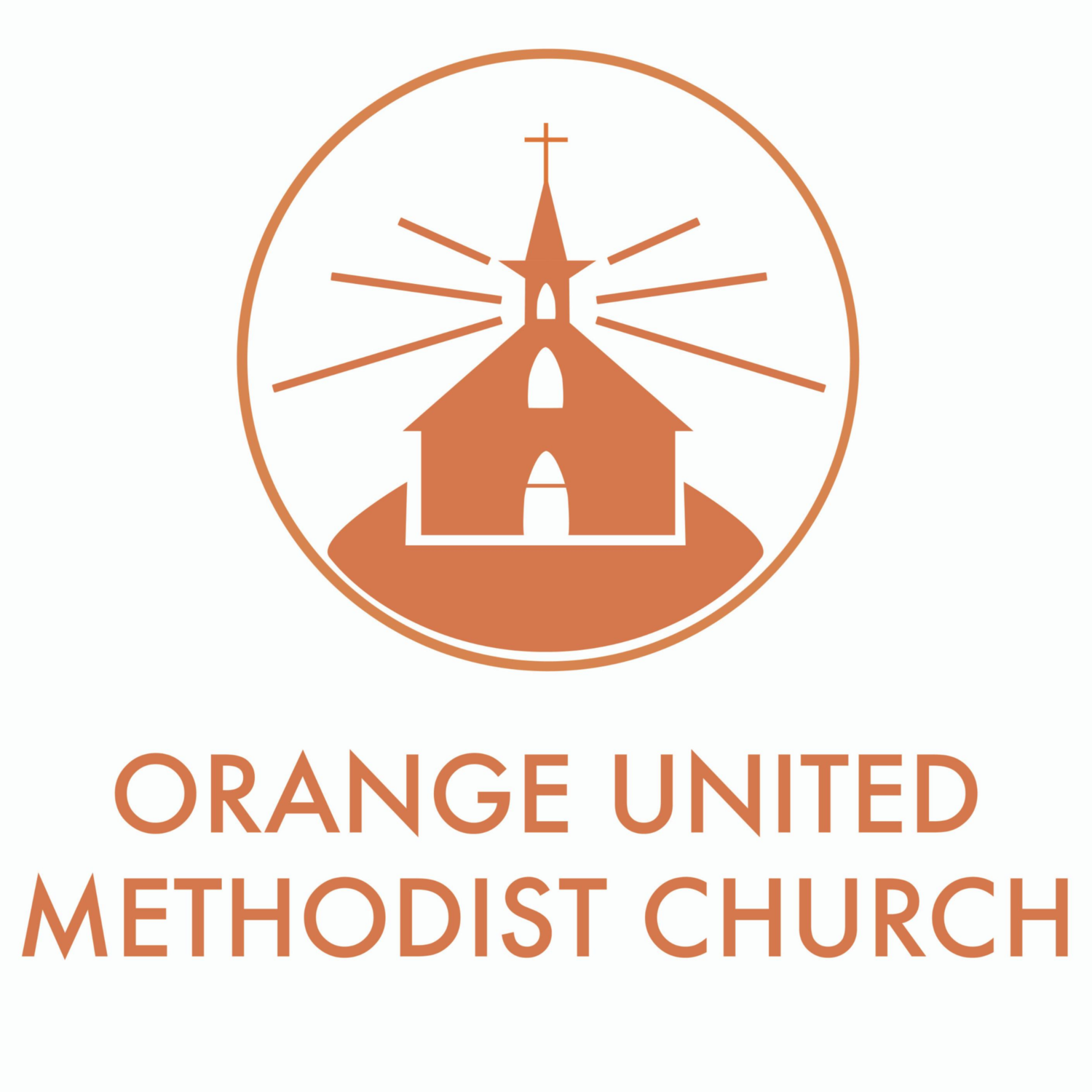Dec. 7: Safety - Greg Gallaher
When I was a boy I had a close call with death. My family made the arduous, five-mile hike to Abrams Falls at Cades Cove in the Great Smoky Mountains National Park, which included a 675-foot gain in elevation with several up and down hills. It was not easy. I was ready to return to the car before we even reached the waterfall. My dad compelled me to persevere.
After over an hour of hiking, the payoff came into view. Mill Creek roared over a twenty-foot sandstone cliff. Although the height is not that impressive, the cascade of water is—the most voluminous in the Smokies. Swimming is discouraged in the large pool at the bottom because of swift currents and a strong undertow. It should also be said that walking on mossy rocks above the waterfall is also unwise, but that is exactly what I did.
Following the lead of other hikers, I attempted to jump from rock to rock away from the creek bank ABOVE the waterfall. Almost immediately, I slipped and fell into the water rushing toward the precipice. Watching nearby was my father, who leapt into the creek on top of me. His substantial frame slowed my forward motion long enough to pull me to safety. I’m certain I received a scolding although I can’t recall Dad’s actual words. What I do remember is his retelling of the tale and the comment, “Greg, you could have died at Abrams Falls.”
The nativity story as told in the gospels is fraught with peril. Mary would have been shunned if not stoned for adultery after she was miraculously impregnated by the Holy Spirit during her betrothal. The Lord intervened through Joseph when an angel commanded him not to break their engagement but to marry. The ninety-mile journey to Bethlehem from Nazareth would have been difficult and dangerous for a woman about to give birth. And, of course, Herod’s murderous rage was thwarted when an angel of the Lord warned Joseph to flee to Egypt with Mary and the child. Throughout Jesus’ life God protected his Son until he was finally surrendered unto death for the sins of the world. It’s sometimes said of Jesus at Christmas, “He was born to die.”
Living leads to dying for all of us, of course. We have no guarantees in life, but I often think about the ways the Father has provided for my own safety in known and unseen ways. Looking back, I’m occasionally able to discern a purpose in specific events, but usually I’m clueless. Not dying as a child allowed a calling to pastoral ministry at age twenty-three. Consequently, my life has made a difference for the Kingdom of God.
On the other hand, I think I’ve wasted too much time, thought, and resources on my personal safety. I’m risk-averse by nature. What I’m continuing to learn, however, is that my life is actually not about me but about God and my willingness to participate in the larger mystery of his ways. The Apostle Paul kept his head about all this—until he didn’t. His safety wasn’t promised—only suffering. Tradition says he was eventually beheaded. From prison he wrote, “For to me, living is Christ and dying is gain” (Philippians 1:21 NRSV).
The world’s most beloved hymn says it well, “Through many dangers, toils and snares, I have already come. ‘Tis grace hath brought me safe thus far, and grace will lead me home” (John Newton, Christmas 1772).
PRAYER
Protect me, Lord God! I run to you for safety, and I have said, “Only you are my Lord! Every good thing I have is a gift from you (Psalm 16:1-2 CEV). AMEN
Photograph of Abrams Falls in autumn by Steven Markos
.

